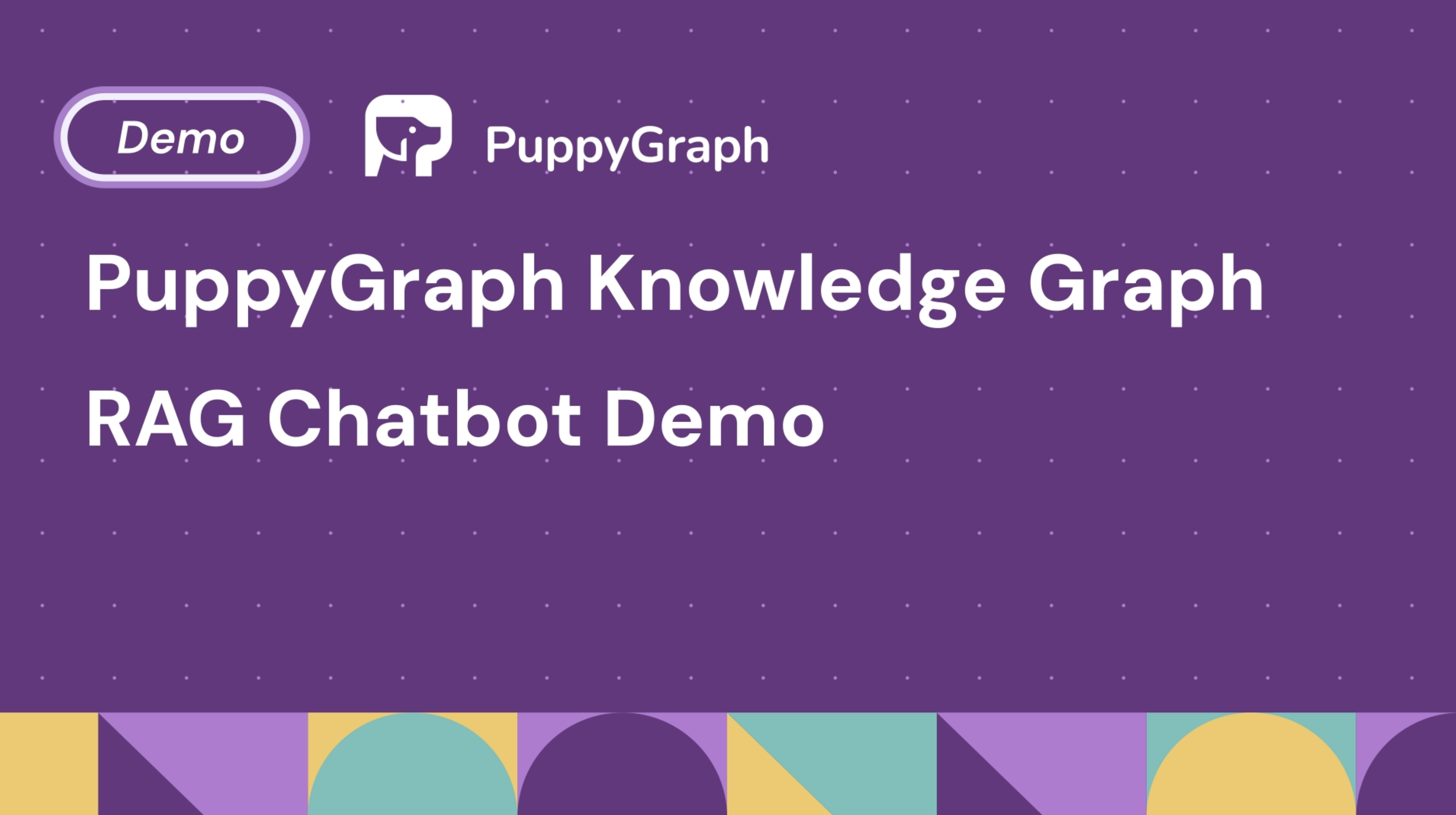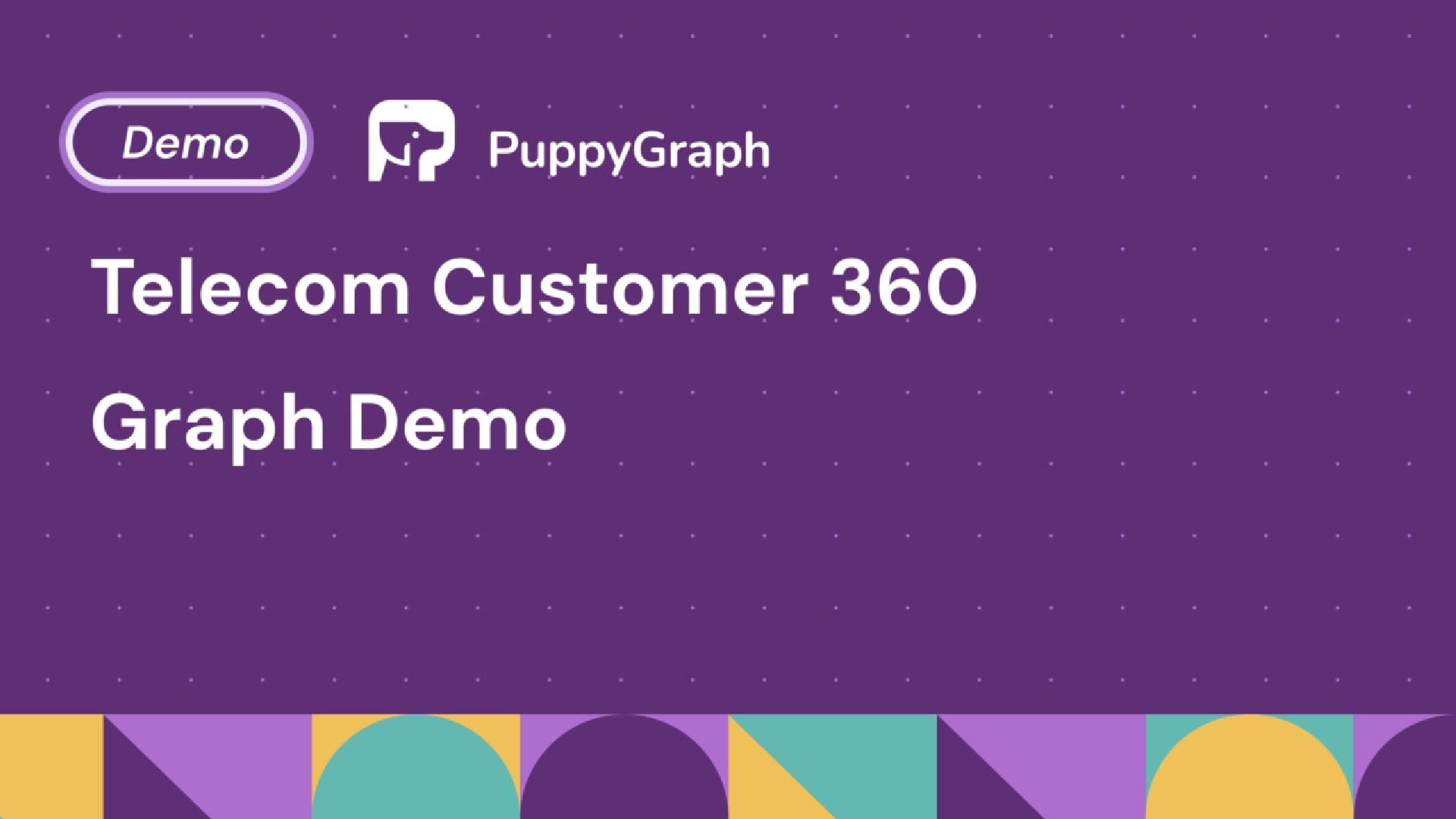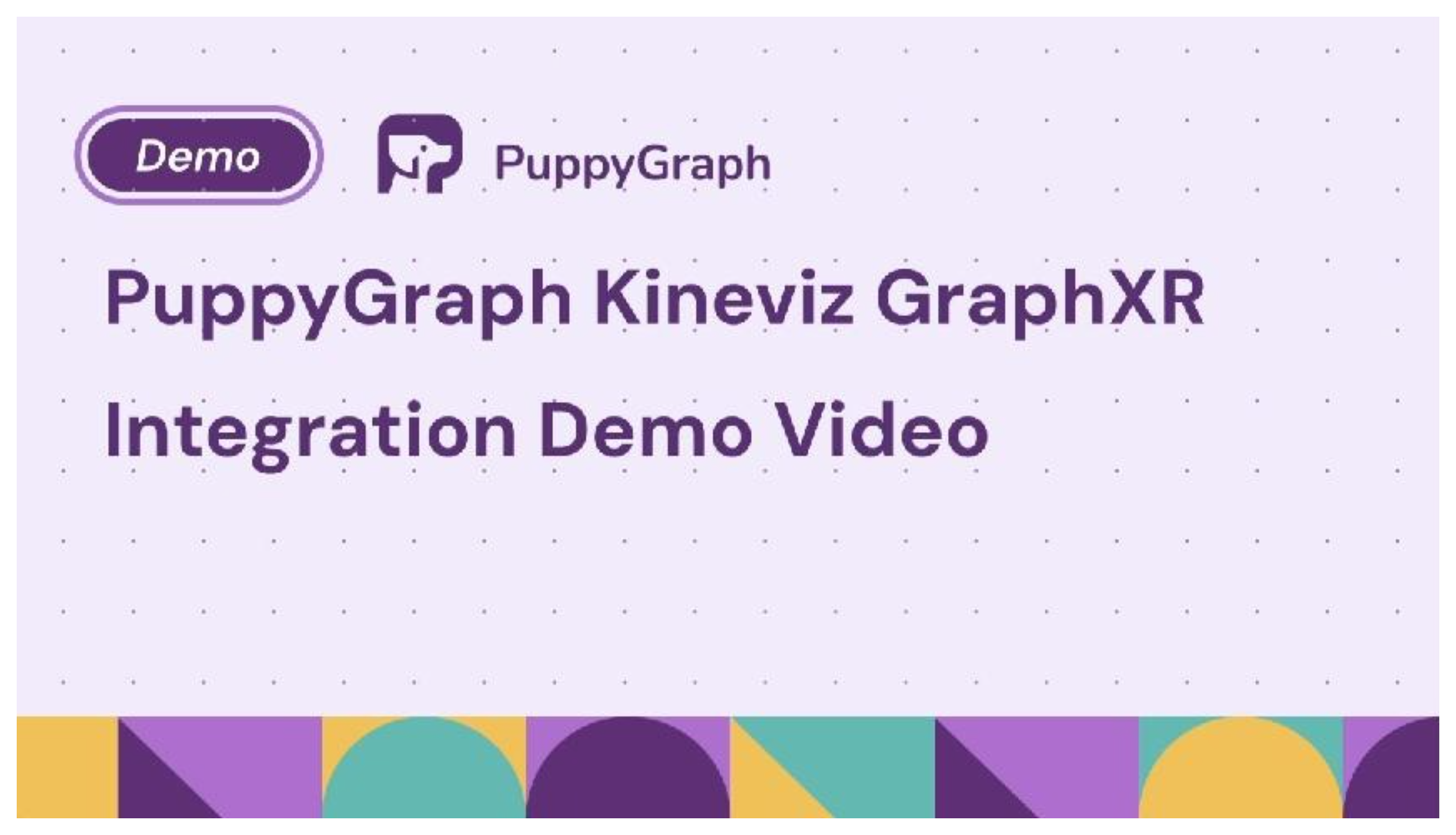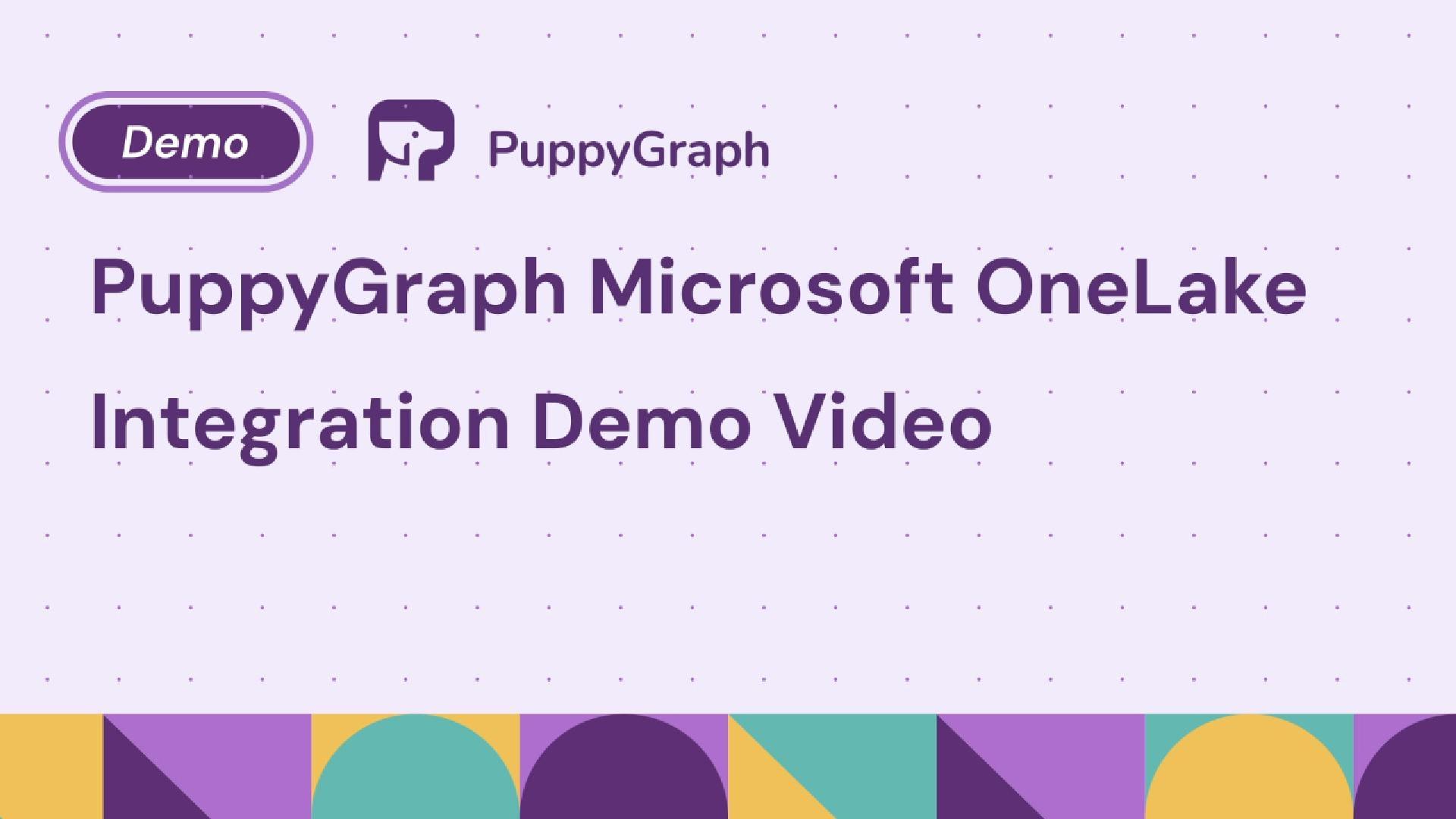Summary
PuppyGraph provides a comprehensive library of demo videos that showcase its zero-ETL graph query engine in action, covering both product features and real-world use cases across industries like cybersecurity, financial services, healthcare, supply chain, and e-commerce. The demos illustrate how users can rapidly connect to diverse data sources (AWS S3, Google BigQuery, AlloyDB, IBM Watsonx, Microsoft OneLake, Databricks Unity Catalog, and more), build unified graph models, and execute advanced graph queries—all without data duplication or migration. Each video emphasizes rapid time-to-value, operational simplicity, and the ability to perform multi-hop analytics directly on existing data stores. Notable scenarios include fraud detection (with an 87.5% increase in flagged users), proactive cloud security analysis, instant schema changes, and dynamic dashboard creation, all powered by open query languages (Gremlin, openCypher) and approachable UI tools. PuppyGraph’s demos are designed for both technical and business users, making advanced graph analytics accessible and actionable within minutes.
- What types of demo videos does PuppyGraph offer? * PuppyGraph provides both product feature demos (e.g., integration with AWS S3, Google BigQuery, Unity Catalog, instant schema changes, dashboard UI) and use case demos (e.g., fraud detection, supply chain optimization, cloud security, e-commerce analytics, patient journey analysis) to address a wide range of industry needs. [Source]
- How quickly can I connect PuppyGraph to my data and start querying as a graph? * Most integration demos show deployment and first graph queries within minutes, leveraging Docker containers and intuitive UI tools—no ETL or data movement required. [Source]
- What are some standout use cases featured in the demos? * Demos include real-time fraud detection (flagging 87.5% more risky users), cloud security graph analysis (identifying exposed IPs and risky permissions), supply chain logistics optimization, CI/CD dependency tracing, and healthcare data exploration—each leveraging multi-hop graph analytics for actionable insights. [Source]
- Do I need to move or duplicate my data to use PuppyGraph in these demos? * No—PuppyGraph’s zero-ETL approach queries your existing data stores directly, eliminating data movement, duplication, and associated governance headaches. [Source]
- How does PuppyGraph support rapid schema changes and dashboarding? * The instant schema change feature allows users to adapt graph models on the fly without reprocessing or ETL, while the dashboard UI enables creation of dynamic, shareable visualizations—all with minimal disruption to ongoing analytics. [Source]
All demo videos are authored and maintained by the PuppyGraph team, ensuring technical accuracy and best practices. As stated in the demos, “No ETL or data duplication required”—a core promise validated by customer outcomes and technical walkthroughs. For further exploration, visit the PuppyGraph Demo Videos page or join the active community on Twitter/X, GitHub, YouTube, and Slack.
Ready to see graph analytics in action? Browse the full demo library or book a live demo to accelerate your journey from data to insight—no ETL, no waiting, just outcomes.
























